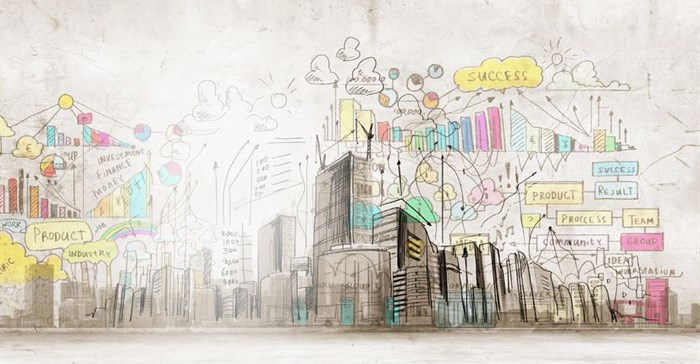
“These firms will, in some areas, gain a competitive edge and branch out into other industries, shaking up the art world, property development sector, and traditional design entities and companies,” says Rashiq Fataar, MD of Future Cape Town.
With the increasing trend of people moving into busy urban areas, city living as a whole is being forced to change, and not just when it comes to its design. According to the World Urbanisation Prospects report, by 2050, 66% of the world’s population will live in urban areas and this will undoubtedly have a major impact on how cities are used and developed.
“City living is not necessarily changing but intensifying; as more people move into urban centres, the demands on services; space and quality of life come under pressure,” says MD of urban property developer, Blok, Jacques van Embden.
Fataar says, “Co-design and co-development of civic infrastructure will grow, partly out of necessity due to the impact of urbanisation and global economic volatility, but also because of collaboration amongst people and organisations in order to tackle challenges within society, this eventually becoming a culture and the norm.”
With the increase of people choosing city living, they are also becoming more used to the idea of exchanging excess space for safety and convenience and are buying into shared services. “Amenities such as the Sea Point Promenade, Long Street Swimming Pools, De Waal Park and even shared office spaces (co-working) are examples of how city dwellers are becoming more accustomed to sharing their space, something that was once by no means a normal occurrence,” says Van Embden.
Not only does this create a culture of openness and improved security, but also a stronger sense of community - something else that is imperative as we live closer to one another. After all, who doesn't want to get to know their butcher, their baker, and their flat white maker?